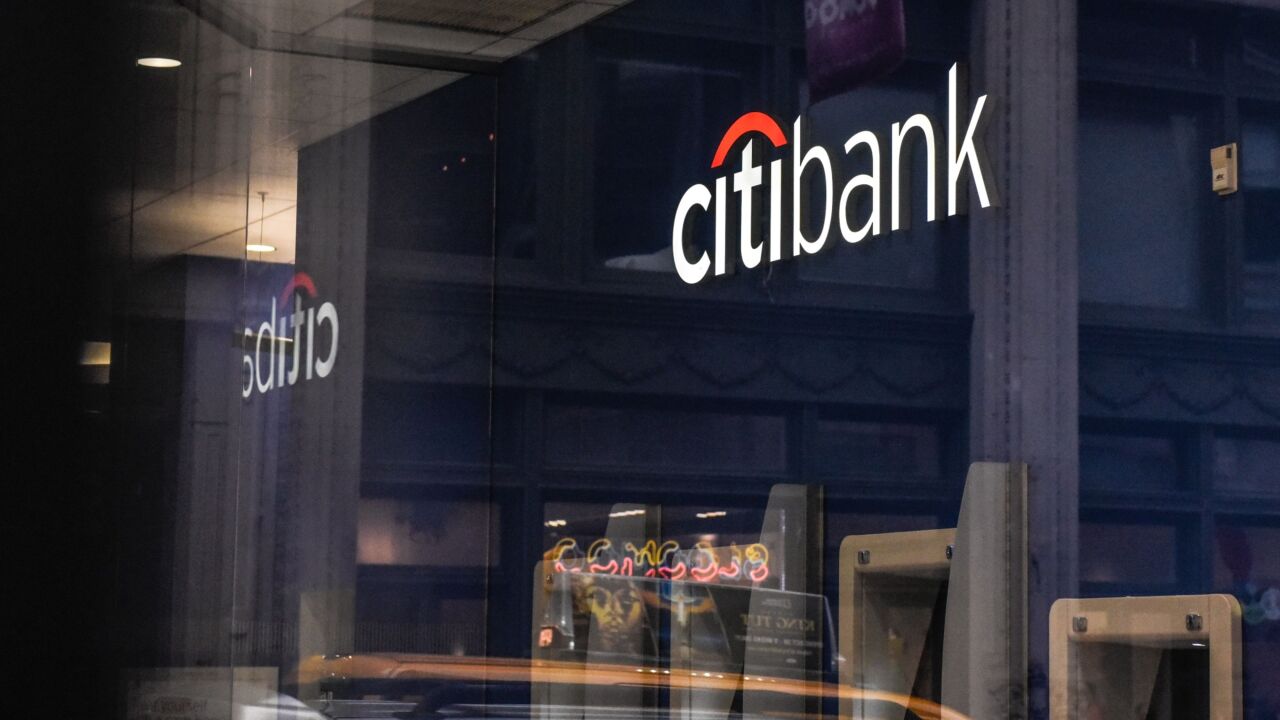
Within an hour of Treasury Secretary Scott Bessent being named acting director of the Consumer Financial Protection Bureau on Feb. 3, the agency's staff received a memo ordering them to
Noticeably absent from Bessent's stop-work order was any mention of supervision, the bread-and-butter of regulatory work that involves on-site exams and data-gathering. Many banking lawyers said they breathed a sigh of relief thinking supervision would continue as normal.
One day later, the memo was updated with the directive to staff "not to initiate supervisory designation proceedings or designate any nondepository institution for supervision." The staff also was ordered to stop supervising all nonbanks, including digital payment apps such as Block's CashApp, PayPal, Zelle and Amazon.
Many experts fear that the directive not to supervise new nonbanks reflects an effort by Elon Musk — the
"The actions of Musk and his DOGE operation at CFPB in accessing confidential agency data, along with Vought's efforts to gut the agency and prevent additional nonbank regulation, raise huge conflict of interest issues, which in normal circumstances would cause a national uproar," said Todd Baker, a senior fellow at the Richman Center for Business, Law & Public Policy at Columbia Business School and Columbia Law School.
"While X's plans to enter financial services would obviously benefit from the end of CFPB oversight, no one has any idea what use Musk is making of confidential CFPB competitor data, which also could be of great value to his businesses," Baker said.
While the first Bessent memo was relatively normal for an incoming administration, the second updated memo had one bullet point added that was narrow and technical. Bank lawyers at the time were parsing the language to determine what the new administration was trying to stop.
"That instruction was very specific on a very niche issue, but it only prevented new supervisory designations of tech companies and fintechs," said James Kim, a partner at the law firm Troutman Pepper.
Three days later, the newly formed Department of Government Efficiency — spearheaded by billionaire entrepreneur and Trump advisor Elon Musk — sent several employees to the CFPB's Washington headquarters, while Office of Management and Budget Director
The Treasury Department did not respond to a request for comment. The Department of Government Efficiency, or DOGE, could not be reached for comment. The CFPB under the Trump administration no longer responds to media inquiries.
Visa, the largest U.S. credit card network that processes $16 trillion of payments annually, is the first partner of the X Money Account. X Money's CEO Linda Yaccarino announced the partnership in
Under former CFPB Director Rohit Chopra, the bureau was moving quickly to subject Big Tech financial apps to nearly the same consumer protection requirements as banks. In November, Chopra finalized a
If X established a digital wallet and exceeded the CFPB's threshold of 50 million payment transactions, it would be supervised by the bureau according to the larger participant rule, which is already
"If Musk personally intervened to advantage payments on the X platform, that would be problematic. He has a huge personal interest and would have to recuse himself," said Eric Grover, a principal at Intrepid Ventures, a financial services consulting firm. "But Scott Bessent and Russ Vought are doing the kind of things I expected they would do. I certainly hope he didn't lobby for his advantage, but the idea of severely curbing the CFPB was all but inevitable."
The CFPB "has been a battle cry for Republicans for a long time," Grover said, noting that Chopra was in a frenzy to get as many rules finalized as possible — including the larger participant rule — before the end of the Biden administration.
In December, the CFPB
Some experts suggested that a Treasury staffer who wrote Bessent's first stop-work memo didn't realize that it excluded supervision or know enough about the bureau's functions to cover all work. Some experts thought that the first memo was intentionally scoped to keep supervisory examinations functioning, noting that supervision was a focus in the first Trump administration under former CFPB Director Kathy Kraninger.
"If Musk got the government to not supervise his company, it's an enormous conflict of interest and shows he's using undue influence on the government," said Joe Lynyak, a partner at Dorsey & Whitney.






